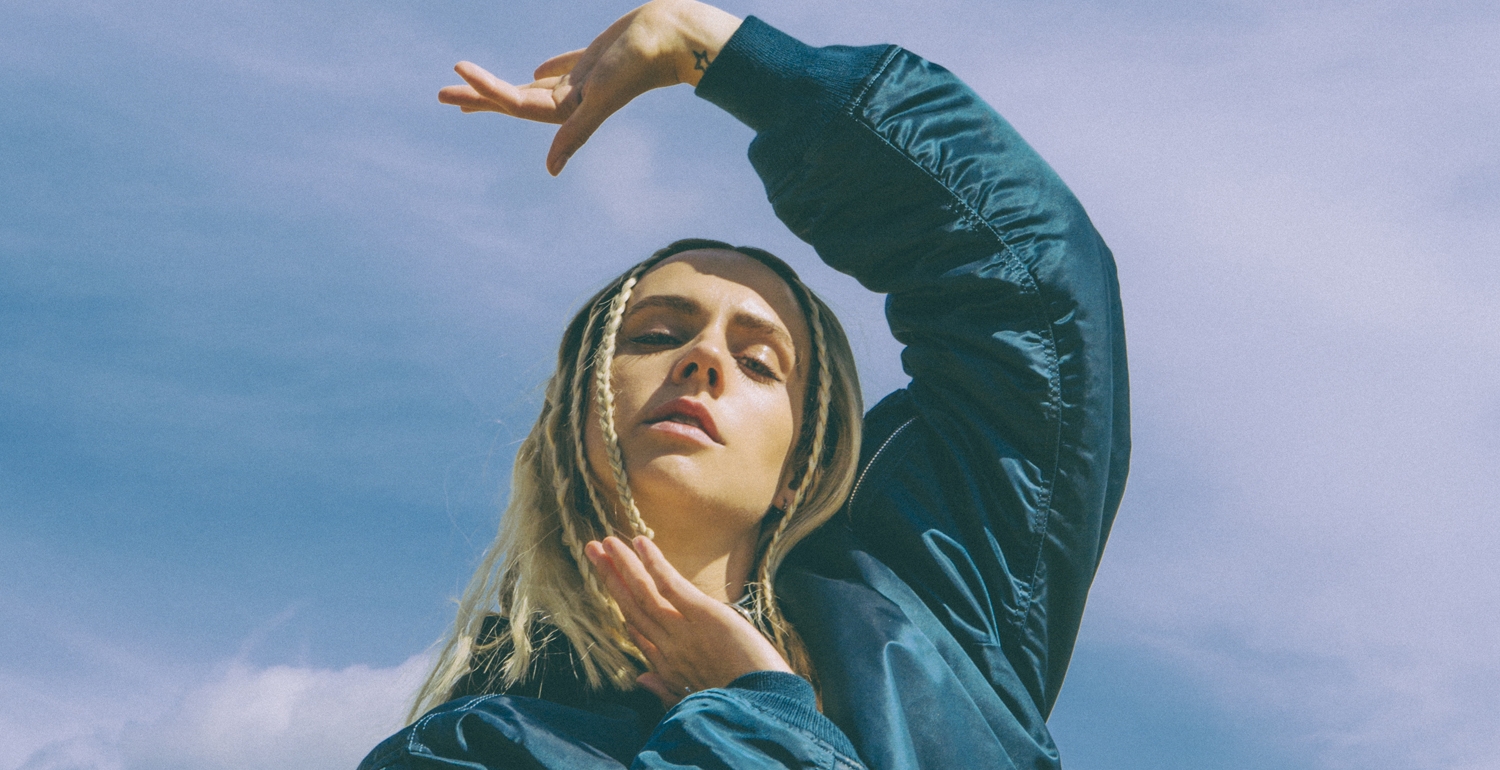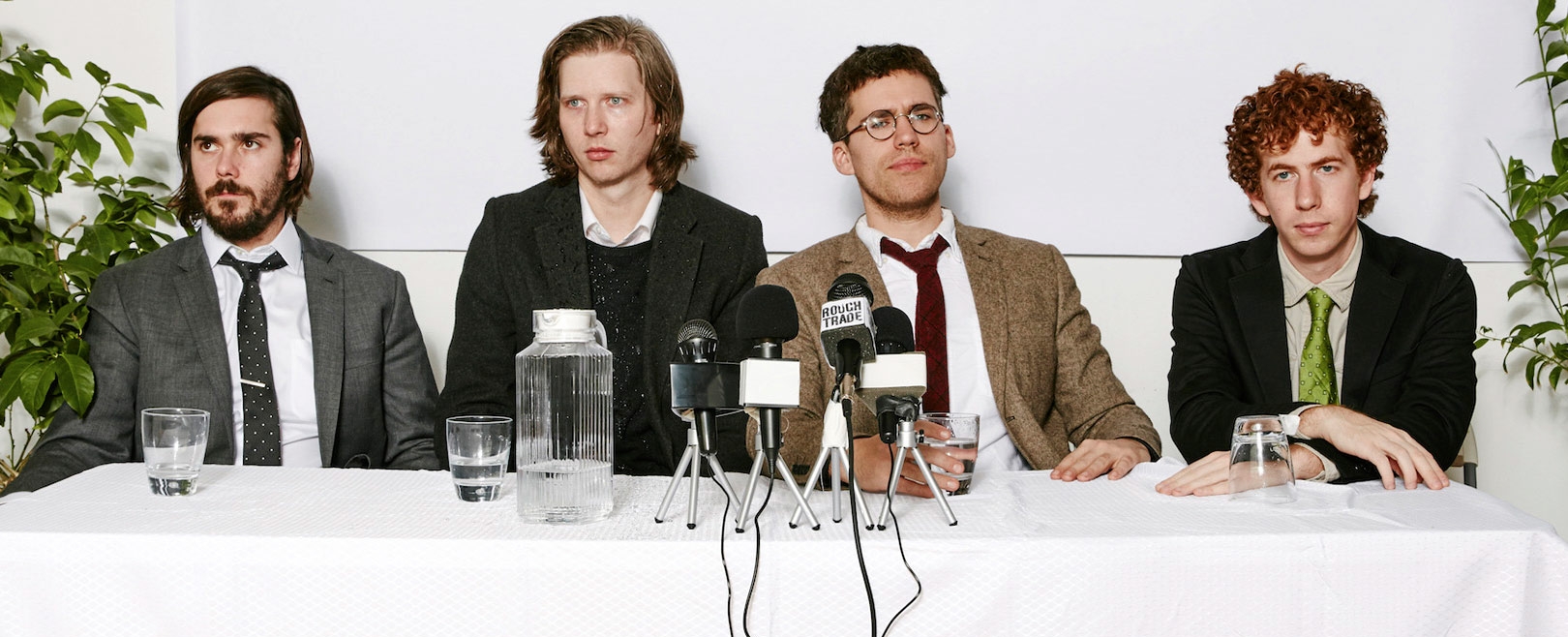Lean On was an inescapable sensation in 2015, becoming the most streamed song on Spotify of all time. Appearing on charts and ‘Best of the Year’ lists worldwide, the Major Lazer hit was a huge success, and shot vocalist MØ into the world spotlight, but it also placed her under a huge amount of pressure.
“My whole world changed with that song. Suddenly all these doors opened. Suddenly people wanted to know who this girl was, and work with her. My life changed a lot.
“Things had been going so fast, and I was so happy, but in the haste of all that I started to wonder, ‘Who am I? Am I the girl from Lean On? Or am I No Mythologies to Follow MØ? What’s going to happen?’ I was a little bit lost in terms of my creative direction. And it was super scary to feel like that.”
At the start of 2016, her fear started to fade, and her assuredness returned, along with musical inspiration. Those difficulties and trials inspired her latest single, Final Song, which in her own words was written about “reconnecting with your inner strength,” and facing fears, even though that’s not always easy. With her whirlwind 2015 in mind, the significance of the track bears a lot of weight. It was the first track released from her hotly anticipated second album, the follow up to her debut No Mythologies to Follow.
MØ — aka, Karen Marie Aagaard Ørsted Andersen — has had an incredible career. From solo bedroom writer to collaborator with some of the world’s biggest acts, like Major Lazer, Justin Bieber, and Iggy Azalea to name a few, the Danish singer/songwriter has evolved significantly.
“Once my songwriting was very solitary, it would always be me and a piano. And then I would send my track to a producer and in the end we would meet up and finish the song together. But these days I do writing sessions where I meet up with heaps of people in a studio, and record things right there.
“Working in a studio with other people, sometimes that pushes you to do something you would never have thought of otherwise, and it’s very exciting on many levels to do that. But it can be super exhausting, and you can lose yourself in doing that if you do it too much. I like to go in and have a session, but then go home and do my own personal work too.”
As for her favourite collaborators, she still names Major Lazer, a group she collaborated with because she named them as a dream collaboration in a magazine interview, as the best.
“I’m still a huge fan. They’re revolutionary. They’re one of the only pop acts these days that even dares to be a little bit political. They’re being talkative and open. Whenever I get a beat from them I always love it. I love Major Lazer so much, and they’re my good friends.”
Coming from political activist roots in Denmark, recent worldwide political events have prompted a return to her political mindset.
“For a couple of years, politics has not been much of a subject [in music]. The past two years, so many things in the world are happening, I feel more than ever we need to talk, that I need to be more politically involved again, because it’s the time now, and it’s important that you use your platform and use your voice to say something.
“Right now, it’s something as basic as getting the people involved in politics. Things are looking grim. It’s important you start taking politics seriously. Once again, I think Major Lazer is a good example. Because they’re positive and open-minded, and they’re very modest in the way that they do it.
“Hopefully the next generation will know it’s cool to be political, and cool to be involved in society, and where your country is going.”
By Claire Varley

